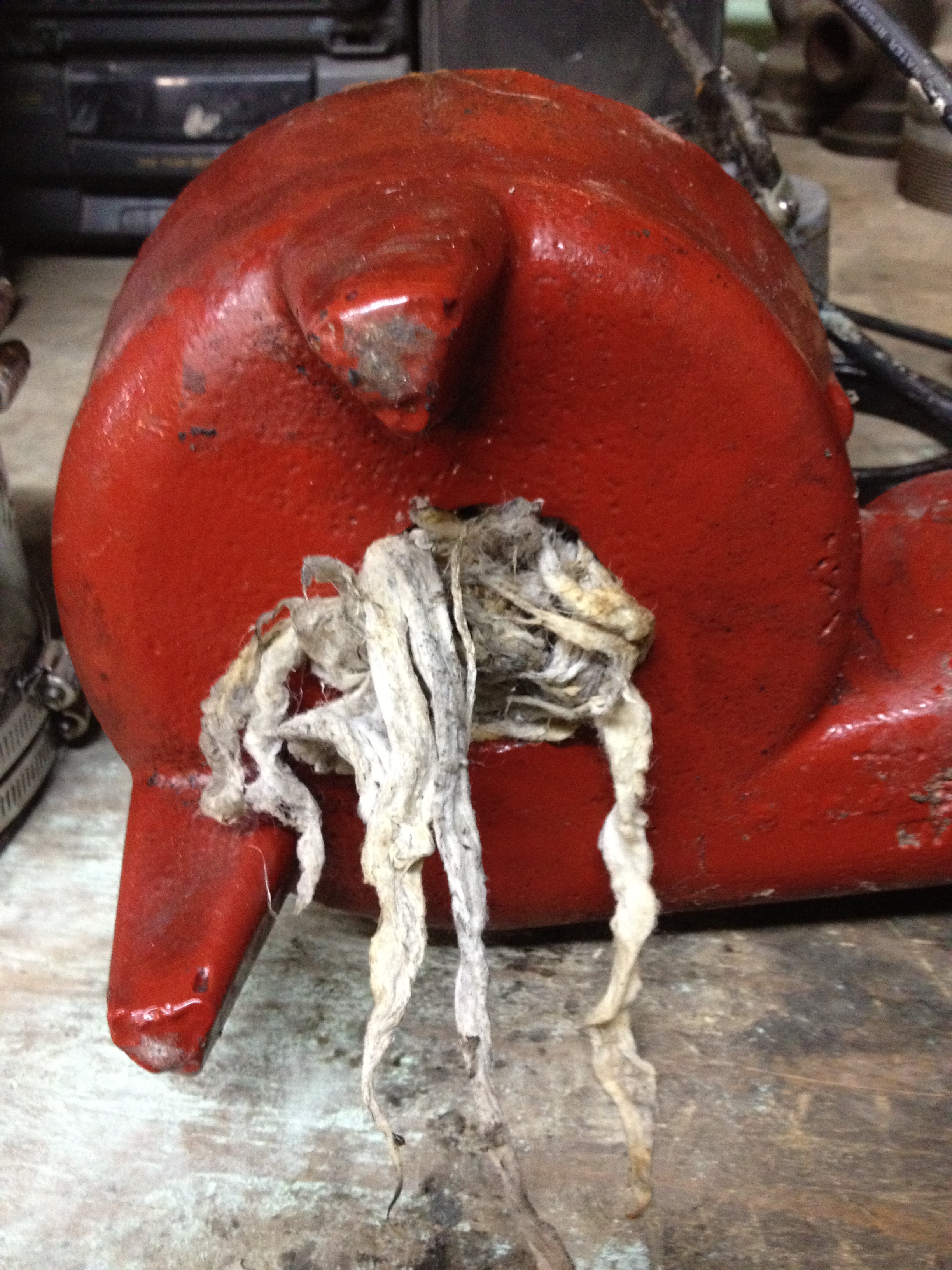
Often times plumbers out there believe that "one pump fits all". This couldn't be further from the truth. When trying to decide on the sump or ejector pump that will make the most sense for you, you have to answer several questions?
- What are you going to be pumping?
- Do you directly control what will be pumped?
- What caused the last pump to fail?
- How long do you plan on being responsible for this pump?
- What is your budget?
The second questions is, "Do you have direct control over what is being pumped?" A good example is if this is in a rental unit. That is totally out of your control. If it is in your own house and you are the only one living there and you never have guests over that is the only time you have total control. If you have a partner and kids there is the possibility someone else may put something down the drain that should not be there. What should and shouldn't go down the drain? Only toilet paper and human waste should go down the drain, NOTHING else. No paper towels. No flush-able wipes, no Kleenex, no sanitary napkins or tampons, no cleaning products.
"What caused the last pump to fail?" If it failed due to age, submersibles only last an average of 7 years, then you might want to consider a pedestal pump. Pedestal pumps last an average of 30 to 40 years. If the pump failed because it got clogged then depending what clogged it, tampon, rags, or other fibrous materials, you might want to consider a grinder pump. Grinder pumps will literally shred anything that it has to pump. The only downside to a grinder pump is that it is more expensive than a regular submersible but has the same life expectancy.
"How long will you be responsible for this pump?" Any submersible pump will only have a life expectancy of 7 years on average. If you plan on being in your home for only a short period of time, then a submersible might make sense. If, however, you plan on being in your home for over 7 years, then a pedestal pump is the way to go. The pedestal pump will cost more but it will last from between 30 and 40 years. Far longer than most people are in a home. A pedestal pump should be the last pump that you will ever install.
"What is your budget?" This is the last way that you should want to choose your pump. The reasons listed above are good ways to base a decision for your next pump purchase. BUT, as far as cost goes the submersible is always the least expensive for the initial purchase. The grinder is next, and the pedestal pump is always going to be your most premium choice for a pump.
Subscribe to Baethke Plumbing's Blog

Comments
Reblogged this on cdasewerinspection and commented: Great information!